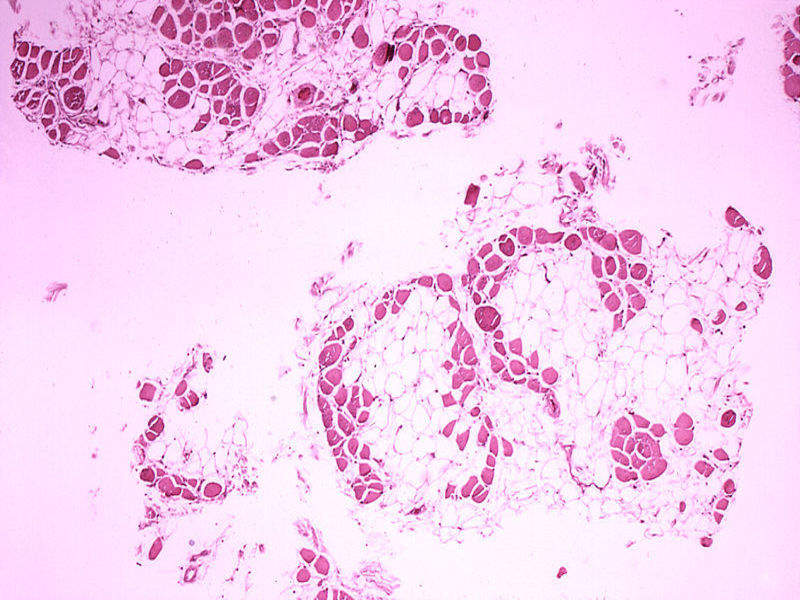

US-based Catabasis Pharmaceuticals has reported positive top-line safety and efficacy results from part B MoveDMD trial of edasalonexent (CAT-1004) to treat patients with Duchenne muscular dystrophy (DMD).

Discover B2B Marketing That Performs
Combine business intelligence and editorial excellence to reach engaged professionals across 36 leading media platforms.
Edasalonexent is an investigational oral small molecule designed as a potential disease-modifying therapy to inhibit a protein known as NF-kB, which is activated in Duchenne and causes inflammation, fibrosis, muscle degeneration and blocks regeneration.
The randomised, double-blind, placebo-controlled part B of the MoveDMD trial evaluated the effects of edasalonexent using magnetic resonance imaging (MRI) T2 as a biomarker at 12 weeks.
It was conducted in 31 ambulatory boys aged between four and seven with a genetically confirmed diagnosis of DMD across a range of dystrophin mutations.
Catabasis chief executive officer said: “Although we did not meet the MRI T2 composite end point, the continued safety, tolerability and plasma exposure data in Part B of the MoveDMD trial are reassuring.

US Tariffs are shifting - will you react or anticipate?
Don’t let policy changes catch you off guard. Stay proactive with real-time data and expert analysis.
By GlobalData"Following additional data analysis from the open-label extension, we will determine the next steps for edasalonexent in DMD.”
The assessed endpoints included average change from baseline to week 12 in MRI T2 measures, age-appropriate timed function tests, North Star Ambulatory Assessment and muscle strength.
All enrolled patients are claimed to have completed the trial, and the dose levels of edasalonexent assessed were well tolerated without any safety signals, while the adverse events were mild without drug discontinuations and dose reductions.
The firm initiated an open-label extension (Part C) study in July last year to evaluate edasalonexent dosing for 36 weeks beyond Part B, as well as the longer term safety and efficacy.
Image: Microscopic image of DMD in the calf muscle. Photo: courtesy of Edwin P Ewing Jr/Wikipedia.





